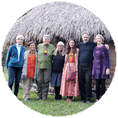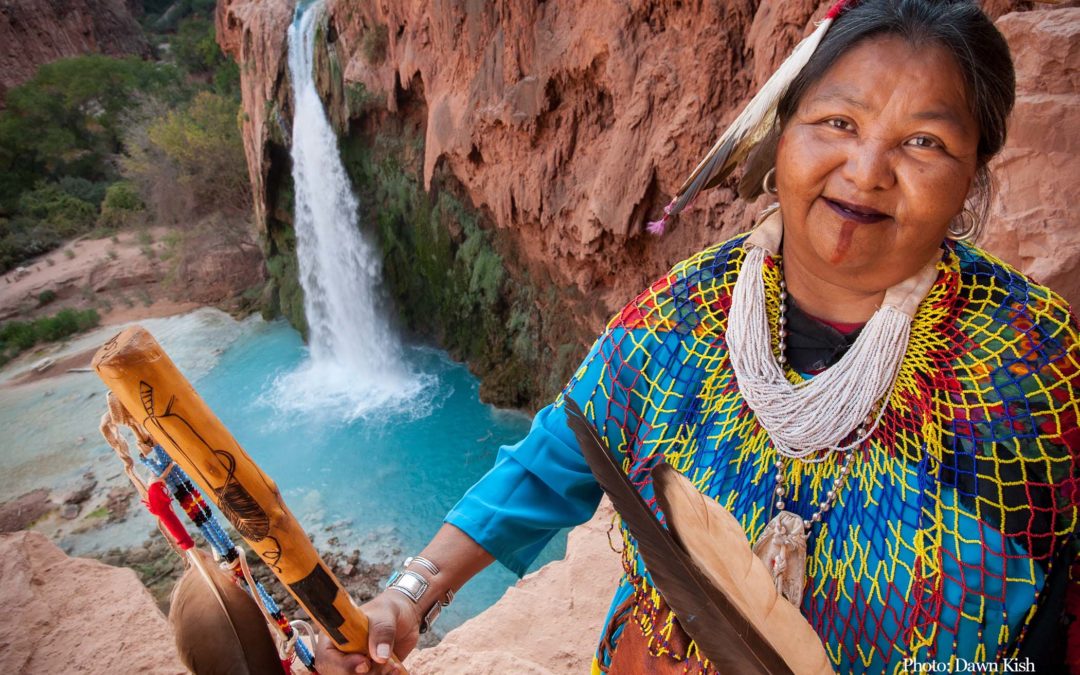
Voices of Wisdom 2019 Southwest
Palisade, Colorado, USA
May 25-26, 2019
For thousands of years humans have gathered together around the fire for light, warmth and connection. Voices of Wisdom, an offspring of Ancient Wisdom Rising, is a new regional event by the Sacred Fire Foundation that brings communities together with local indigenous elders and wisdom keepers. In this time of great transition, Sacred Fire Foundation offers Voices of Wisdom as an opportunity to sit in circle and listen to elders, to each other and to fire. Being in the presence of the elders’ embodied wisdom can teach us how to open our relationship with nature, reciprocity, and capacity to “listen” to the living world around us.
Price
Admission
Adults $50. There is a reduced price for those in need.
Youth 15-25: $25
Free admission for youth under 14
Registration
There is still time to register.
Once you register you will receive further details and directions by email.
This is a family friendly event—people of all ages and stages of life welcome.
Schedule
Voices of Wisdom is presented by our sister organization, the Sacred Fire Foundation. Visit the official web page for program details.
For more information
For more information, contact Heidi Griswold at heidi.griswold@nullsacredfirecommunity.orgPresenters
-
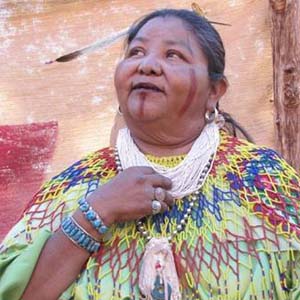
Dianna Sue WhiteDove Uqualla, Havasupai Nation, is a third-generation tribal and traditional leader and practicing ceremonialist recognized for her intuitive abilities.
She has served her people on the Tribal Council, including as Vice Chair from 2001-2004, and in many other capacities for the Nation. She has worked in opposition to uranium and other mining in the Colorado Plateau, and in preservation of water.
WhiteDove is sought after for her mentoring skills and is an International Peace Advocate. She spends her time teaching, nurturing all that she comes into communion with, facilitating weddings, blessings, demonstrations, dance performances, and talks. She goes wherever Spirit takes her, but she is happiest at her home village of Supai, in the heart of the Havasupai Nation in the Grand Canyon.
-
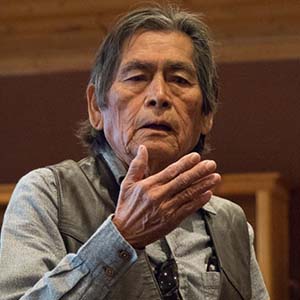
Vernon Masayesva is a member of the Coyote Clan of the Hopi tribe in Northern Arizona. He is from the Village of Hotevilla on Third Mesa, one of the fingers of Black Mesa. Mr. Masayesva, who is fluent in Hopi and English, received a B.A. at Arizona State University in Political Science and a Masters of Art from Central Michigan University, before returning to Black Mesa and serving as Principal of the Hotevilla-Bacavi Day School, the first Indian-controlled school on Hopi.
In 1984, he was elected to the Tribal Council and then served as Tribal Chairman from 1989 to 1993. From 1995 to early 2001, he was Director of the Arizona Native Scholastic and Enrichment Resources Program, a joint effort with the University of Arizona’s American Indian Studies Program and several private schools in the state to provide talented Native American students with educations at independent college-preparatory schools to prepare them for leadership roles in their communities, tribes, and nation.
Mr. Masayesva has been involved in the tangled intricacies of coal and water mining on Black Mesa for decades. Today, he is Director of Black Mesa Trust, founded in 1999 by the Hopi people to address the severe environmental impact and destruction that Peabody Coal Company’s water withdrawals (from the Navajo Aquifer) were having on the environment and the cultures of the Hopi and Diné (Navajo) people living on Black Mesa.
Masayesva is an international speaker on the subject of water and is honored among many scientists, physicists and water researchers including renowned author and water researcher Dr. Masaru Emoto from Japan. Among other things, Masayesva is beginning a serious study of Hopi symbols and metaphors to understand who he is and what he can do to help his people lay a vision of a future Hopi society. As a result of his commitment to preserving our water, former President William Clinton honored him as an “Environmental Hero.” Charles Wilkinson, Moses Laskey Professor of Law at the University of Colorado School of Law and longtime Indian rights attorney, said, “You will gain a strong sense of history, of millennia, from listening to Vernon, but my guess is you will also see something else—the future—for Vernon embodies personal qualities and philosophical attitudes that can serve our whole society well in the challenging years that lie ahead.”


